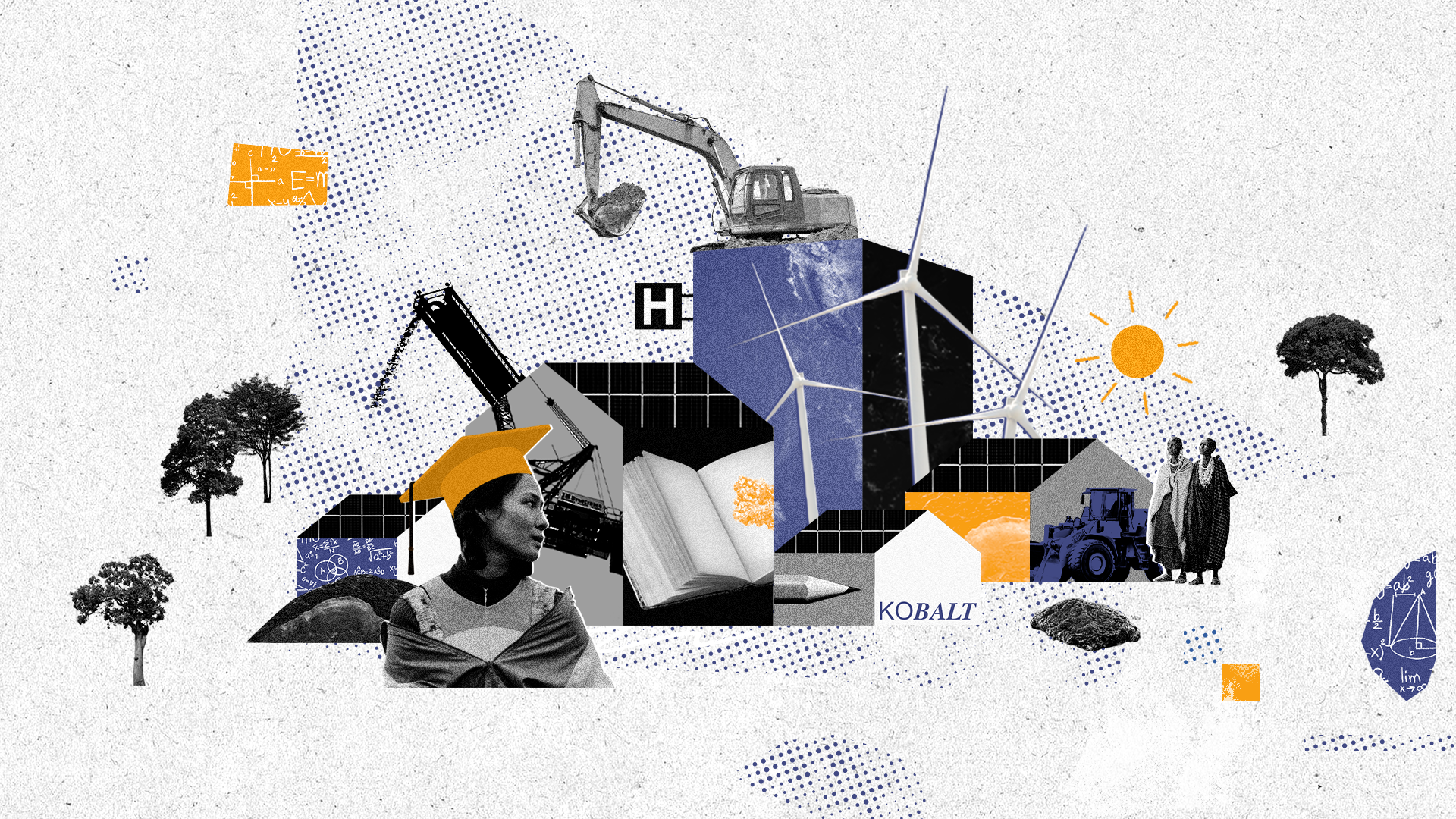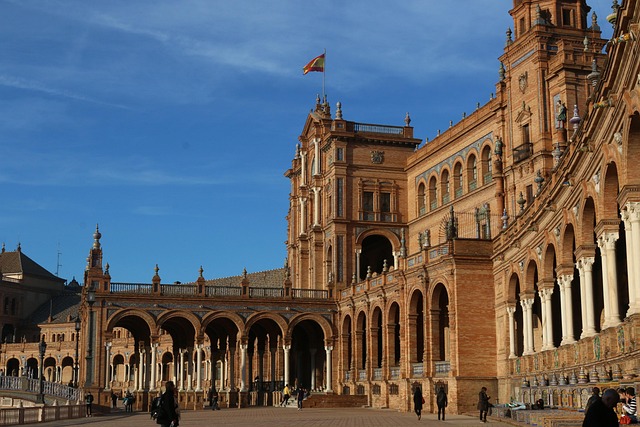This op-ed has been published on Climate Home News on May 21, 2024.
As the world rushes to exploit the African minerals needed to fight climate change, African leaders must ensure that their natural wealth finally drives their continent’s development. By Adam Anthony.
For too long, Africa has supplied the raw materials which drive development abroad, while Africans remain locked in endless cycles of poverty at home.
This has been happening even before Western European colonial powers carved up the African continent in the 19th century’s Scramble for Africa, exporting rubber, diamonds, gold, ivory, palm oil and other wealth, in order to process and transform it into saleable commodities.
Today, this damaging pattern remains intact, as wealth continues to haemorrhage from Africa in this way.
To take just one graphic example: 600 million people in sub-Saharan Africa – or 53% of the region’s population – still don’t have access to electricity in a continent which possesses all the minerals needed to build its own energy infrastructure.
Now a new Scramble for Africa has begun. This time, it is for the African minerals which will be crucial for the world to have any chance of halting climate chaos.
The African continent holds vast quantities of the transition minerals – such as cobalt, lithium and nickel – which are used to help produce, transport, store and use electricity produced by cleaner sources such as wind and sun, and which are a prerequisite for a clean energy future. Tanzania, for instance, possesses huge reserves of nickel which is a key ingredient in the lithium-ion batteries, which power everything from mobile phones to electric vehicles.
As the world rushes to secure these precious materials, Africans must break with the past.
The wealth these minerals generate must spur African development: giving our citizens the roads, hospitals, schools, electricity and other basic services so many of them desperately need.
“New” Partnerships?
Many of Africa’s historic exploiters are among the Western powers which are now rushing to secure transition minerals.
The US-led “Mineral Security Partnership“, which includes the European Union and other most powerful economies from the OECD block, is positioning itself in Africa’s resource-rich countries.
Concurrently, the EU is supposedly redesigning its ties with Africa and other mineral-rich nations through “Strategic Partnerships“.
All those initiatives are committed to “bring economic benefits to local communities”, allowing partner countries to “move up the value chain” but are effectively enveloping the continent from multiple angles in a concerted push for resources.
And it is no secret that mineral exports are ruled by international trade policies set up, influenced and dominated by Western powers, allowing them to access African resources at a good price.
In this realm, it remains an open question whether these partnerships will pave the way for genuine development, or – as so often in the past – merely serve foreign interests.
In other words, will they simply be a means of continuing business as usual – keeping Africa trapped in ‘extractivism’ – or offer Africa a path to self-determination?
Challenging the status quo
The upcoming OECD Forum on Responsible Minerals Supply Chains, happening on May 21-23 2024 in Paris, is a crucial opportunity for African leaders to assert their vision for a new era of mineral resource management.
This event remains a forum dominated by consumer regions representatives and priorities, but we need to make ourselves heard.
We can not wait any longer. African leaders must challenge the status quo and advocate for deals and trade policies that empower producer nations.
They can also insist that mining companies respect the rights of the Indigenous and local communities most impacted by mining. Peoples whose way of life protects priceless ecosystems that are crucial for preventing climate change, biodiversity loss and the risk that future pandemics will emerge from deforested landscapes.
Free trade rules favour already industrialised regions. That’s a fact. One of the ways to counter this is by creating a web of preferential trade agreements among African countries. This would allow them to access their neighbour’s transition minerals at lower prices, to help them build their own clean energy technologies.
Regional collaboration is the key to ensuring Africa gains its rightful place in the new power map drawn by the energy transition. The African Union, the Southern African Development Community and other regional blocs could play a pivotal role in this process, promoting intra-regional trade and economic cohesion.
African civil society works across borders to ensure that deals signed by African governments with consumer regions reflect the continent’s collective interests. But we can’t do this alone.
We need to unite with our leaders around a just vision for our minerals. Only then can the continent truly benefit from them, turning the page on a history of exploitation and underdevelopment.
Adam Anthony is the Executive Director of the Tanzanian NGO HakiRasilimali, which works for transparency, accountability and human rights in the extractive sector. Anthony is also Chair of the Africa Steering Committee of Publish What You Pay (PWYP), the global movement for transparency in mining, oil and gas.











